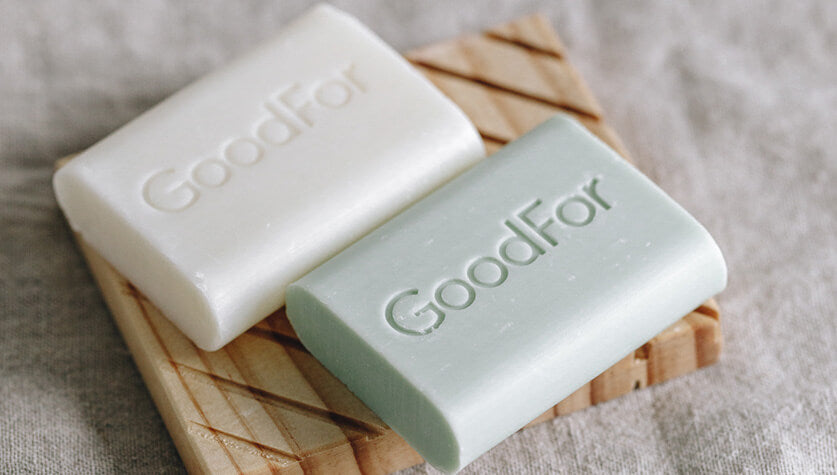Why we stock organic Canadian oats
You’ve decided you want to choose more sustainable options when it comes to buying food (yay, you’re awesome) but what does that really mean? In an ideal world, we’d all be buying organic, package-free food, grown by ol mate just along the road which arrives to the supplier using a circular system creating no waste, that’s also super affordable, right? As I’m sure you know, unfortunately it’s not quite that simple. This blog post explains why we choose to stock the best organic, Canadian oats vs conventional oats grown in New Zealand, or elsewhere.

Before we get into the ‘why’, we stock three types of organic oats - rolled quick oats, jumbo oats and steel cut oats. You can read about the differences and health benefits on each product page on the website here.
So what makes oats organically grown in Canada better than locally grown conventional oats?
The nature of organic agriculture is inherently more sustainable than conventional agriculture. It is grown in a way that prioritises the health of the soil and environment, including the surrounding flora and fauna, by focusing on the long-term health of their land, waterways, soil and livestock, rather than the short-term gain.
Oats need well-drained soil, a lot of sun and a temperature climate that is cold. So areas like northern Europe, Canada and northern mid-west USA are ideal and where they grow best which also results in a much better tasting oat.
There is a large body of work on sustainability regarding freight and the carbon footprint by New Zealand exporters, and sea freight is by far the most efficient freight in terms of energy used because of the volume. The real impact is in low volume, often short distance freight, and it’s usually the last kilometre to the market where the carbon footprint is high. So distance is not the critical factor, but rather volume. This is where the infrastructure to support an industry is very important in giving it volume and making it efficient. In New Zealand, dairy and some horticultural industries have the production volume, supporting infrastructure and the educational and research institutions around them to make them efficient. Organics outside of these agricultural products currently do not.
What impact does growing conventional oats have on the soil quality, and therefore the environment?
One of the largest environmental disasters is the loss of quality soil. With continued exposure to pesticides and fertilisers, the quality of soil degrades to a point it can no longer be used. Soil has its own microbiome, and persistent use of pesticides is like long-term use of antibiotics, not only destroying bad bacteria, but also the good. Eventually there’s no bacteria left to allow the soil to care for itself, becoming dependent on chemicals to keep it functioning, which eventually won’t be effective. In fact, the United Nations Food and Agricultural Organisation have warned that we have depleted our soils so much that we have fewer than 60 harvests left! This is why it is so important to support organic where possible.
Does an organic oat contain a higher nutrient profile than a conventional oat?
We’re not going to claim that an organic oat has higher nutrient content than a conventional oat, though there is research that organic food is more nutritionally rich than its conventional counterpart. One thing we can say is that conventional oats are often highly sprayed, and we know residues of chemicals used on crops remain on food, even after washing and cooking. If you want to be sure you are avoiding unwanted chemicals it is best to choose organic.
So, what does this mean?
Choosing organic is crucial to the environment for so many reasons and for us, it's not just about providing plastic-free food, it's about providing the best quality food available (for us and the environment), plastic-free. We will never compromise on quality and we totally get it, it can be frustrating why higher quality can sometimes mean a more expensive price point. This is one of the key reasons why we introduced our Everyday Essentials range and have included our organic rolled oats and jumbo oats. GoodFor quality products at supermarket pricing. You can shop organic, high quality, affordable and plastic-free! To find out more about why we launched our Everyday Essentials range, check out this article.
Our favourite way to have oats right now?
With cooler mornings on the way, this is our go-to breakfast: Winter steel cut oats with maple fried banana. Check out the recipe here.
Short on time? These 5 ingredient Banana Oat Bars are super quick to make, plus they're gluten and dairy free and only sweetened with dates!
These pistachio, cranberry and dark chocolate cookies are great if you're craving a cookie but still wanting a healthier option.
 GoodFor
GoodFor






